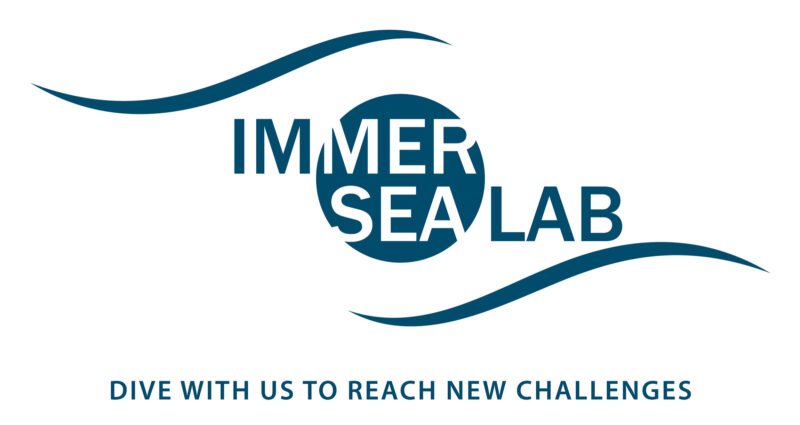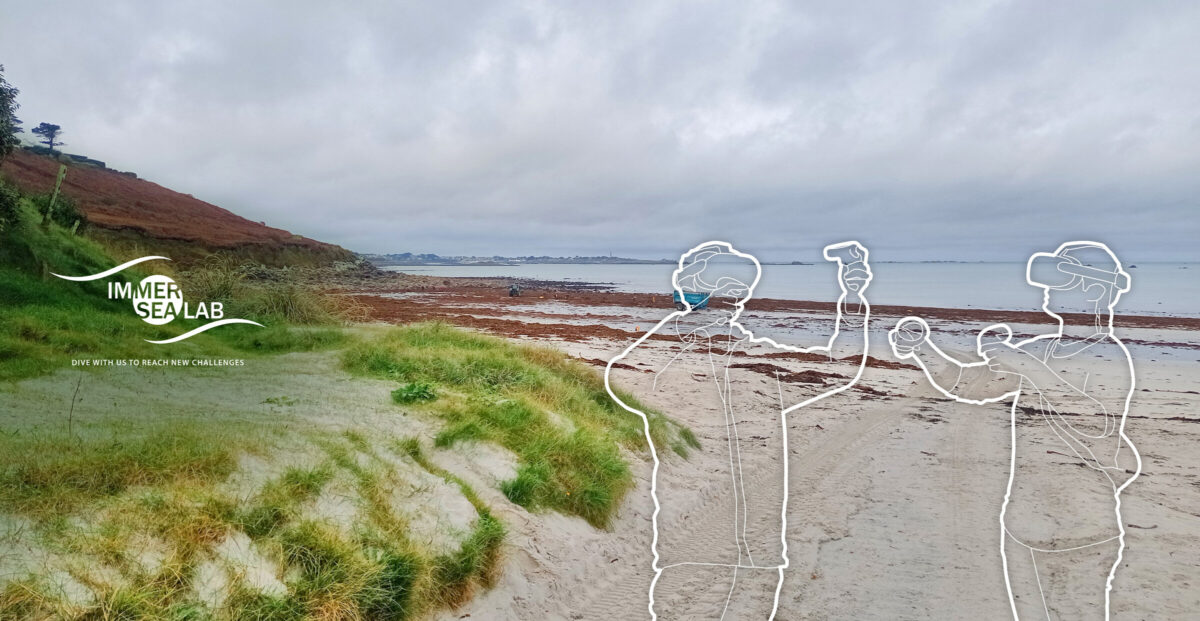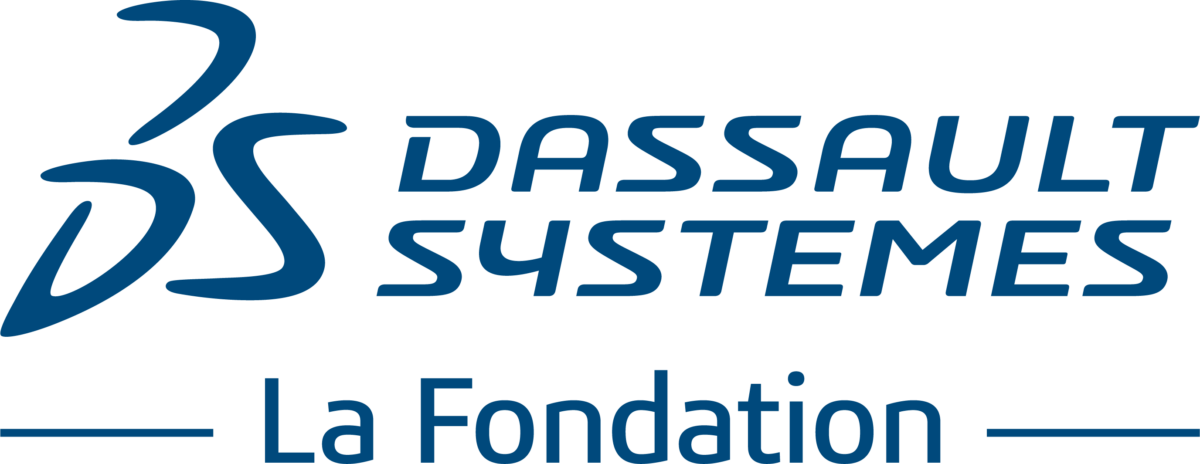ImmerSea LAB / Virtual and Augmented Reality

Supported by ISblue, ImmerSea LAB is a project starting in 2021, with the aim of developing Human Virtual Learning Environments (HLEs) applied to marine and coastal sciences.
ImmerSea LAB is therefore an innovative and structuring collaborative project based on virtual environments as a research object, but also through its original approach of co-construction between scientists, teachers/trainers and virtual reality engineers.

At the service of training through research and multidisciplinarity, this project has multiple objectives:
- To offer an active and innovative teaching approach to students (mainly at 5 years of higher education level) based on immersive virtual digital environments.
- To promote the collaboration of multidisciplinary expertise between students, scientists and trainers. As coastal marine environments are themselves sources of interaction (geosciences, biology, chemistry, geography, economics, human sciences, etc.), it is becoming complex to address scientific issues in their entirety.
- Strengthen the educational value of scientific campaign data. Due to the wealth of research carried out by ISblue partner institutes such as Ifremer, numerous data (bathymetric, sampling, imaging, various models, etc.) are collected during field campaigns at sea and in coastal areas.
- Making environments accessible that are not, both by their geographical location (underwater in particular) and by their temporality (historical reconstruction or projection into the future). Thanks to the use of virtual reality, the proposed environments will make it possible to transfer so-called “field” approaches (common in the air) to these usually inaccessible environments.
- To allow the development of transversal skills. In addition to the know-how linked to digital tools, this pedagogical transformation also promotes the development of soft skills sought after in the professional world: cooperation, adaptability, creativity and scientific empathy.
RISCOREV: COastal RISks and Virtual REality
ImmerSea RADE PIM: Designing a virtual tour of the Brest harbour in a 3D environment from 10,000 years ago to the present day
JUNE 2024 INTERDEV PIM: Developing a Mediation System to Introduce the General Public to the Brest Roadstead through 4 Periods: from Past to Future (ImmerseaRADE project)
ImmerSea Rade at the Fêtes Maritimes de Brest 2024

In addition to financial support, the foundation is supporting the project by providing students and teachers with the associated 3D skills and expertise, as well as promoting connections between the various stakeholders.
- Scientific coordination: Pauline Letortu
- Operational coordination: Maxime Kernec
 Attention, vous utilisez un navigateur peu sûr !
Attention, vous utilisez un navigateur peu sûr !